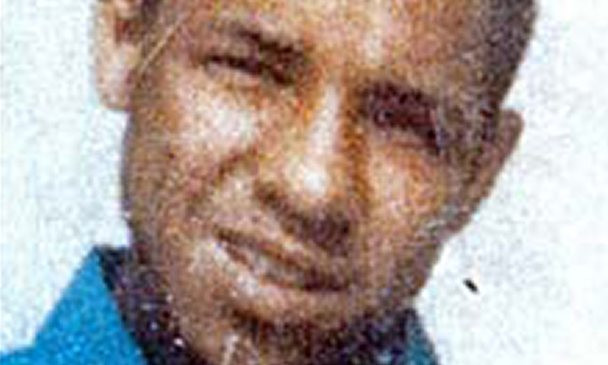MOD apologises for drowning of 15-year-old Iraqi thrown in Basra canal by UK soldiers
A report by former high-court judge found Ahmad Jabbar Kareem Ali was "aggressively manhandled and assaulted".

The Ministry of Defence has apologised for the death of 15-year-old Iraqi Ahmad Jabbar Kareem Ali who died in May 2003 after he was thrown into a Basra canal as a punishment by four British soldiers.
The troops picked up Ali and detained him on suspicion of being involved in looting which gripped Basra in the wake of the retreat of Iraqi forces. As a penalty for his involvement he was forced into the Shatt al-Basra canal and drowned because he could not swim.
A report by the former high-court judge Sir George Newman found the teenager was "aggressively manhandled and assaulted" after his arrest before being taken to the waterway in an armoured vehicle, the Press Association reported.
Newman's report explained that Ahmad and three other looters were thrown into the water in what was referred to by the soldiers as a "soaking". Their failure to help the teenager was "plain and simple" and caused his death.
"His death ensued because he was forced by the soldiers to enter the canal, where, in the presence of the soldiers, he was seen to be in difficulty, and to go under the water.
"Notwithstanding the unlawful treatment involved in getting him into the water, his death could have been avoided because he could and should have been rescued after it became clear that he was floundering."
The soldiers were acquitted on charges of manslaughter for which they were tried in 2006.
Following the toppling of Saddam Hussein in April by US-led forces in Iraq, the southern city of Basra, which was under the control of British troops, fell into anarchy. The reported also voiced concerns over the adequacy of British military resourrces and the ability of soldiers to follow orders in the circumstances.
An MoD spokesman said: "This was a grave incident for which we are extremely sorry. We are committed to investigating allegations of wrongdoing by UK forces and will use Sir George's findings to learn lessons to help ensure nothing like this happens again."
© Copyright IBTimes 2025. All rights reserved.






















